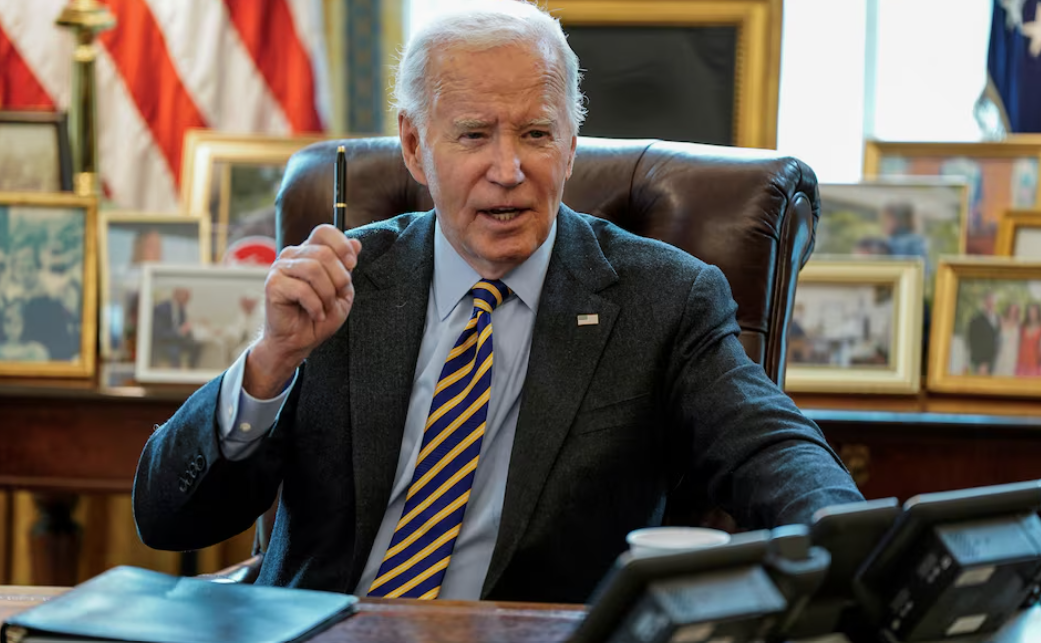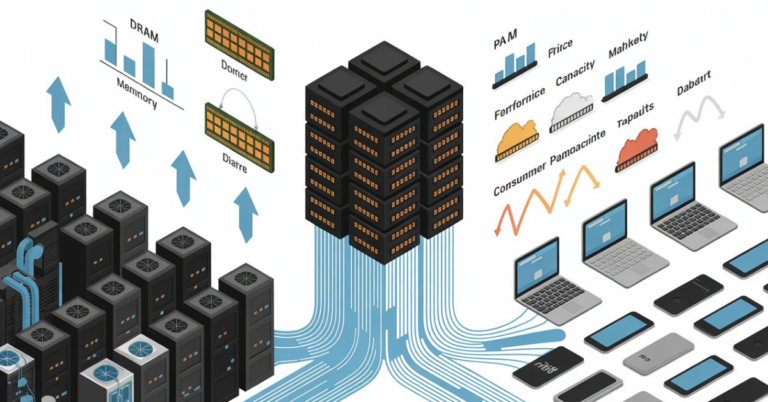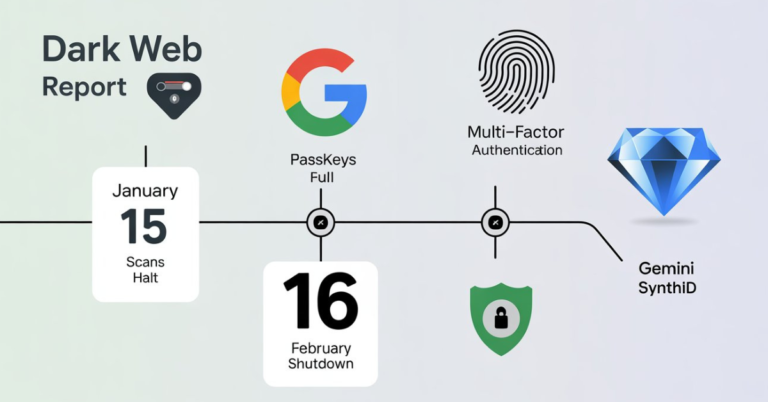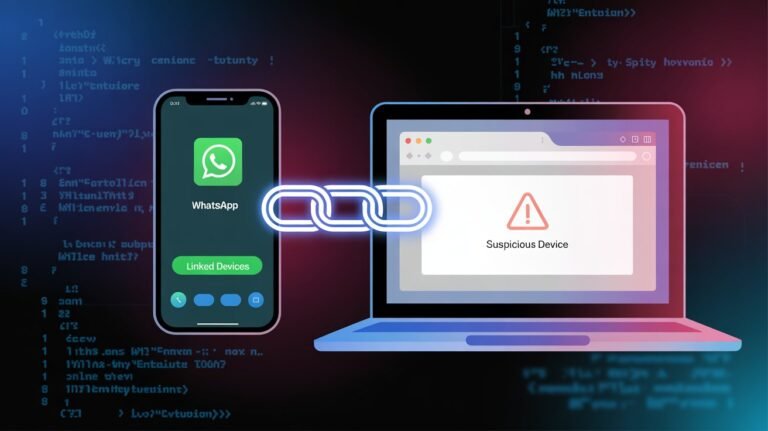DETROIT – President Joe Biden is preparing to issue an executive order that introduces stricter cybersecurity measures for federal agencies and contractors. The move comes as a direct response to repeated cyberattacks linked to Chinese operatives, targeting U.S. infrastructure, government emails, and major organizations. A draft of the order, reviewed by Reuters, outlines significant reforms aimed at enhancing software security and addressing vulnerabilities exploited by foreign adversaries.
This executive order marks a decisive effort in Biden’s presidency to confront persistent cyber threats. Recent years have seen several high-profile incidents, including breaches at the U.S. Treasury Department, critical infrastructure, and major telecommunications firms. While the U.S. government and cybersecurity experts have attributed many of these attacks to Chinese actors, Beijing continues to deny any involvement.
Key Provisions of the Executive Order
The forthcoming order sets forth enhanced requirements for secure software development, emphasizing the need for comprehensive documentation and validation processes. Under the mandate:
- Vendors will be required to submit documentation proving adherence to secure software development standards.
- The Cybersecurity and Infrastructure Security Agency (CISA) will evaluate these attestations through its software validation program.
- If an attestation fails validation, the matter could be escalated to the attorney general for further action.
The order also calls for the development of specific protocols to securely manage access tokens and cryptographic keys. This addresses vulnerabilities exploited in May 2023, when Chinese-linked hackers accessed email accounts of senior U.S. officials by abusing cloud service authentication methods, according to Microsoft.
Experts Call for Urgent Action
While many cybersecurity professionals have welcomed the proposed reforms, some argue they may not be sufficient to combat the scale and immediacy of current threats. Tom Kellermann, senior vice president of cyber strategy at Contrast Security, acknowledged the order as a step in the right direction but criticized the timeline for implementation as inadequate.
“These timelines feel arbitrary given the urgency of the situation,” Kellermann said. “We’re already facing an insurgency targeting critical infrastructure and government systems, fueled by Chinese and Russian actors.”
Kellermann emphasized the need for swift action to counteract sophisticated attacks by foreign nations and organized cybercriminal groups.
A Broader Security Landscape
The Biden administration’s push for tougher cybersecurity measures comes against a backdrop of escalating geopolitical tensions in cyberspace. Both Chinese and Russian-linked hacking groups have been implicated in widespread campaigns targeting not only the U.S. but also allied nations.
The executive order’s focus on secure software and better cryptographic key management reflects lessons learned from recent incidents. Experts believe these measures are crucial for mitigating risks and safeguarding sensitive systems.
However, critics note that enforcement and compliance remain significant challenges. Ensuring that vendors adhere to secure development practices and maintaining robust oversight will be critical to the success of the order’s objectives.
Why It Matters
Cybersecurity has emerged as a cornerstone of national security, with foreign adversaries increasingly using sophisticated techniques to infiltrate critical systems. By mandating stricter software standards and providing CISA with the authority to validate compliance, the Biden administration aims to strengthen the nation’s defenses against evolving threats.
While the executive order represents progress, its effectiveness will hinge on timely implementation and the commitment of stakeholders across government and industry.
As the digital battlefield continues to expand, the administration’s actions underscore the importance of staying ahead of adversaries in the cybersecurity domain.















